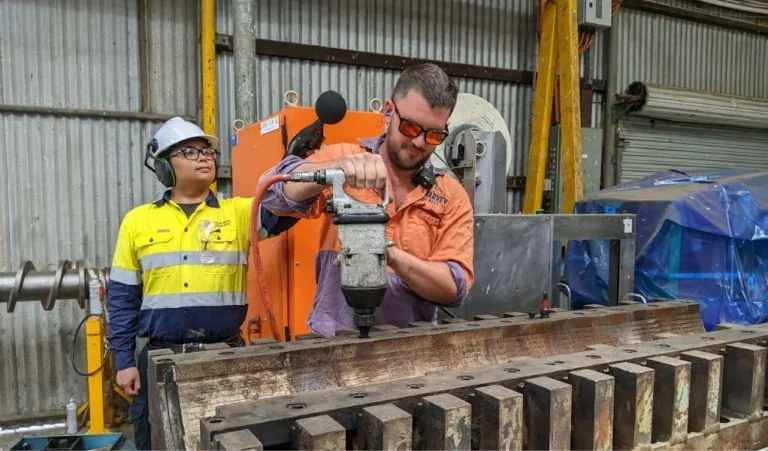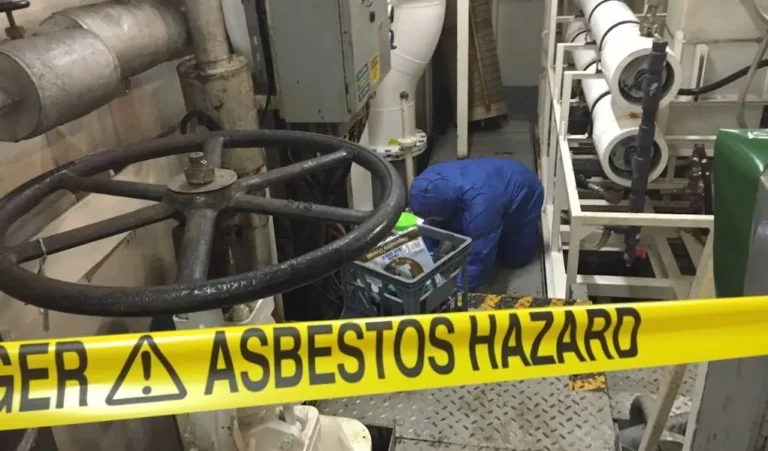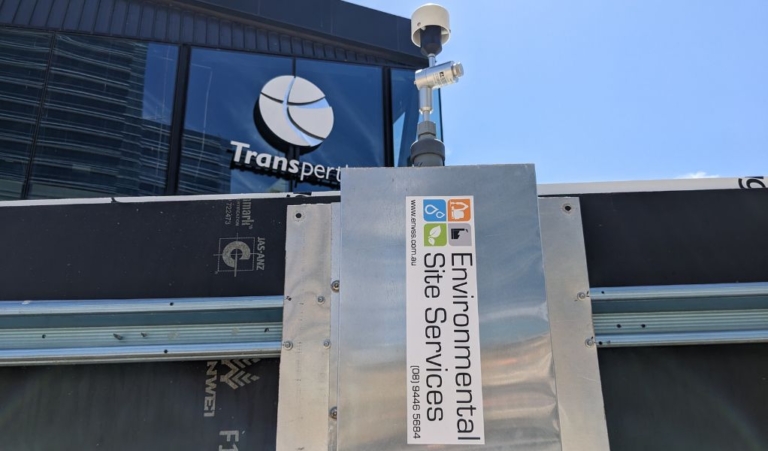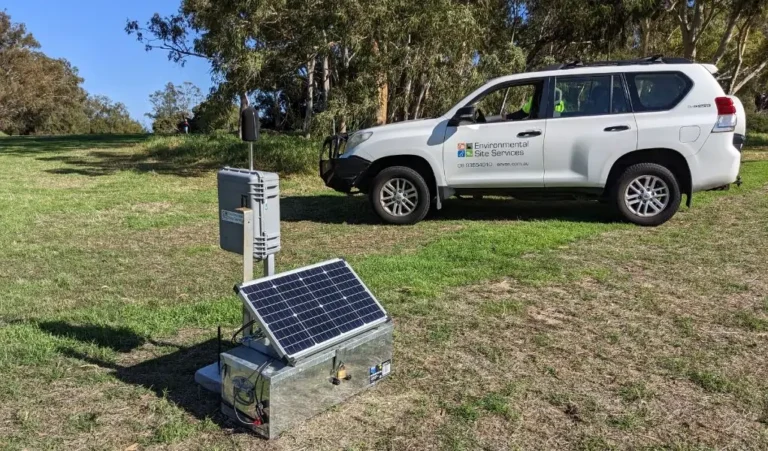Dust Deposition Gauge Monitoring
Dust deposition gauges (DDGs) are a low-cost, low-maintenance tool ideal for proving dust compliance, managing nuisance complaints and initial monitoring.
ENVSS fabricates robust, rust proof DDGs at our WA facility. We are able to customise these units for deployment in most environments, suiting them to the needs of your site and project
To make an enquiry about our dust monitoring services, you can contact ENVSS at [email protected] or on (08) 9355 4010.
What Is Dust Deposition?
Dust deposition refers to the airborne particles that settle on surfaces over time. Settlement can accumulate quickly in industrial, construction and mining environments, where activities like earthworks and material handling generate significant amounts of dust.
While not always a direct health hazard, deposited dust often leads nuisance complaints, visibility issues and compliance breaches if not properly managed. Monitoring this type of dust is essential for understanding how much material is leaving your site and where it’s settling.
How Dust Deposition Gauges Work
DDGs feature a cylindrical container mounted in an open area, filled with a preservative solution that captures and retains settling dust.
They are passive monitoring devices, collecting data naturally overtime. They measures the amount of particulate matter that settles out of the air and onto a collection surface over a period of 30 days.
Once the sampling period is complete, the solution is collected and sent to a laboratory for analysis. The results are typically reported in milligrams per square metre per day (mg/m²/day), a practical representation of how much dust is depositing in a given area.
While not always a direct health hazard, deposited dust often leads nuisance complaints, visibility issues and compliance breaches if not properly managed. Monitoring this type of dust is essential for understanding how much material is leaving your site and where it’s settling.
Why Use Dust Deposition Gauges?
DDGs are often used in environmental impact assessments, compliance monitoring and complaint investigation processes. They are particularly useful for:
Assessing off-site dust drift
Tracking baseline conditions before major works
Demonstrating compliance with site-specific limits or licence conditions
Unlike real-time monitors that detect airborne concentrations (e.g. PM10, PM2.5), DDGs give a longer-term average of how much dust is actually settling on surfaces. Nuisance-related complaints often arise from long-term issues, making the DDG a suitable choice for investigation.
Regulatory Requirements in Western Australia
In Western Australia, there are no limits or regulations at the state level for dust deposition. Instead, you must consider site-specific licence conditions, Environmental Protection Authority (EPA) guidance and local council approvals. These may impose limits on dust fallout.
The commonly accepted limit is 120–133 mg/m²/day, derived from national and international nuisance dust guidelines.
If your site operates under a Ministerial Statement, Works Approval or Environmental Licence, regular dust deposition monitoring may be an ongoing condition.
How ENVSS Uses Dust Measurement Equipment
At ENVSS, we provide real time dust deposition monitoring services across WA, including:
Installation and servicing of gauges in accordance with AS 3580.10.1
Sampling periods tailored to your reporting schedule
NATA-accredited laboratory analysis of a range of parameters
Interpretation and reporting against regulatory limits or site-specific benchmarks
Support with complaint response and regulator engagement if required
Dust deposition glassware fabrication and supply
Alternatively, if you need to monitor suspended dust we can also supply BAM and TEOM air monitors.
Enquire Today for Straightforward and Reliable Dust Data
Dust deposition gauges are a low-cost, low-maintenance solution for understanding long-term dust impacts on and around your site.
Whether you’re responding to a complaint, meeting your compliance obligations or establishing baseline data for a new project, ENVSS can assist with reliable sampling, accredited analysis and clear reporting.
To learn more about our monitoring options, contact ENVSS at (08) 9355 4010 or [email protected].

Occupational Hygiene
Occupational hygiene entails identifying, evaluating, and managing workplace environmental risks to health. Our services cater to diverse needs, crafting solutions for complex hygiene and safety challenges. Our expert staff collaborates with you to implement effective hygiene management systems, crucial for meeting site and legal standards.

Asbestos & HAZMAT
We are a Licensed Asbestos Assessor (LAA) and provide hazardous material management to building owners, property developers and facility managers to meet specific client requirements including identification and risk assessment of hazardous materials, development of detailed hazardous material management plans and supervision of hazardous material remediation works.

Environmental Monitoring
Monitoring services are tailored to your needs, ranging from ENVSS staff attended monitoring to autonomous stations with remote telemetry and alerts. You can access real-time data, make informed decisions, and generate reports via our Client Portal. We understand industry demand and meet client expectations by building our equipment to be flexible, mobile, efficient, accurate and robust.

Noise & Vibration Monitoring
Our noise and vibration services cover both regulatory compliance and occupational health, with services ranging from noise monitoring, blast monitoring, earplug fit testing, human vibration testing and more. Our monitoring devices are set and forget with remote software, allowing us to capture a wealth of data spread over a timeline of your choosing.
"*" indicates required fields
WHY CHOOSE US?
-
LICENSED
Environmental Site Services use only trained, licensed asbestos assessors and occupational hygienists -
OUT OF HOURS
Our airborne fibre monitoring service is available all day, every day -
SAME DAY SERVICE
Same Day turnaround available 7 days a week -
AUSTRALIA WIDE
Investigations and remediation services metro and regional areas -
NATA ACCREDITED TESTING
NATA accredited volumetric sampling and analysis -
REPORT
Comprehensive report, guaranteed!
